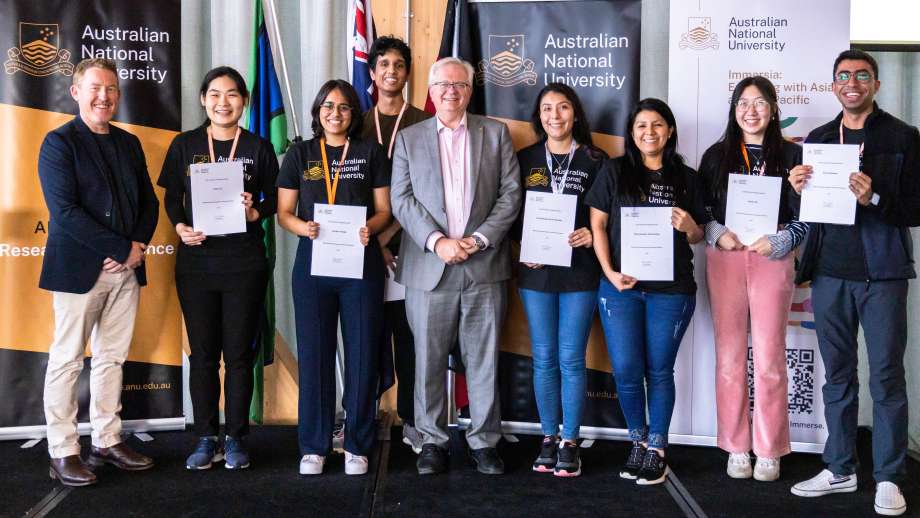The legal determinants of health: COVID-19 and gender
Presented by ANU College of Asia & the Pacific
This seminar presentation is co-sponsored with the School of Medicine, ANU College of Health and Medicine.
COVID-19 has had starkly disproportionate impacts along very familiar fault lines of systemic inequality and disadvantage. While initial commentary imagined that the pandemic would be a great leveller, this was quickly set aside. Rather, the pandemic has once more revealed how health inequalities are driven by inequalities in the social determinants of health; that is, 'the conditions in which people are born, grow, live, work, and age, and the inequities in power, money, and resources' (Closing the Gap in a Generation, 2008).
With COVID-19, gender has emerged as a key axis of inequality, particularly when intersecting with other characteristics, most notably race. As such, the pandemic has once more emphasised the need to improve fairness in social arrangements and the distribution of resources. This paper explores the role of law in this context in light of recent work on the legal determinants of health.
In 2019, the Lancet-O'Neill Commission on the Legal Determinants of Health promoted the place of law within the social determinants of health framework. The Commission foregrounded four legal determinants, identified as case studies but also promoted as representing the most pressing issues of our time and a 'blue print' for action. This blue print focuses on law's role in delivering and governing health care systems and building legal capacity.
As the connection between social and health inequalities has been illustrated so profoundly and urgently, there is a provocation to look again at the legal determinant we might foreground as we seek greater health justice. Focusing on gender and the intersections with race, the first two years of the pandemic illustrate the necessity of an approach to legal determinants that foregrounds law's role in improving fairness in social arrangements and the distribution of resources.
About the Speaker
Professor Michael Thomson is a graduate of the Universities of Southampton (LLB) and Birmingham (PhD Law). He joined the University of Leeds School of Law in July 2013 and is also Professor of Health Law at the University of Technology Sydney.
His research interests span the fields of health law, children's rights, and legal and political theory. Across the different areas of research, his work is underpinned by an exploration of the relationship between health and social justice. This is reflected in his current research that addresses legal and political responses to environmental epigenetics. These emerging scientific claims link physical and social environments of deprivation and disadvantage to long term, potentially intergenerational, health defects.
COVID protocols
- Please do not attend this event if you feel unwell, are awaiting the results of a test or are required to self-isolate/quarantine. The ANU's COVID Safety advice can be accessed here.
- The ANU will continue to require that masks be worn indoors for the foreseeable future, except when eating or drinking.
- Attendees are encouraged to use hand sanitiser and the Check in CBR app at the entrance to the building.
- Please maintain good social hygiene by staying 1.5m apart from others and coughing/sneezing into elbows.
This seminar presentation will be in-person only.
Image credit: Image of Somalian woman shopkeeper getting Covid-19 vaccination by AMISOM Public Information at flickr, (CC0 1.0)
Location
Room: Seminar Room 1.04
Speakers
- Professor Michael Thomson
Contact
- RegNet



